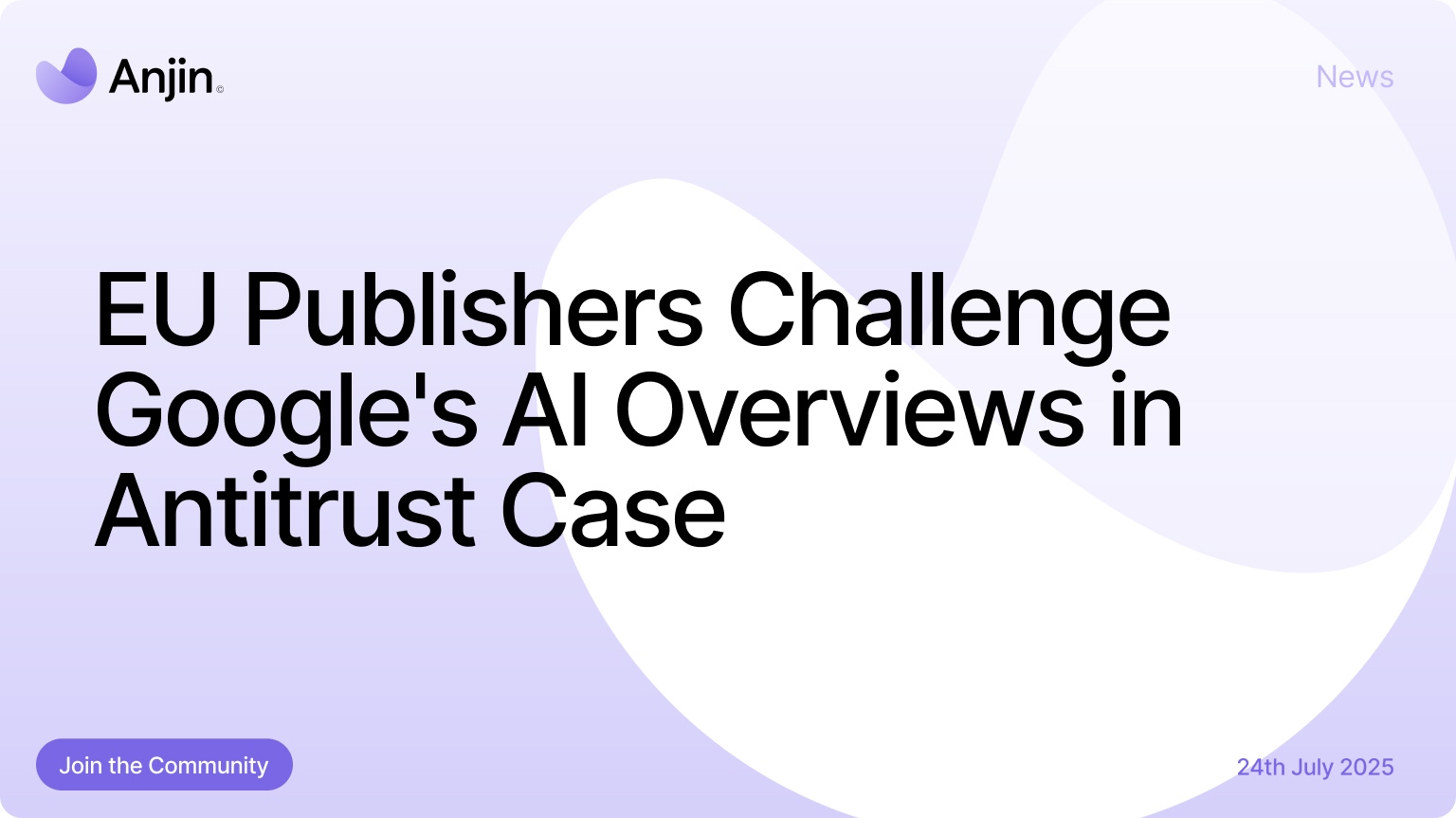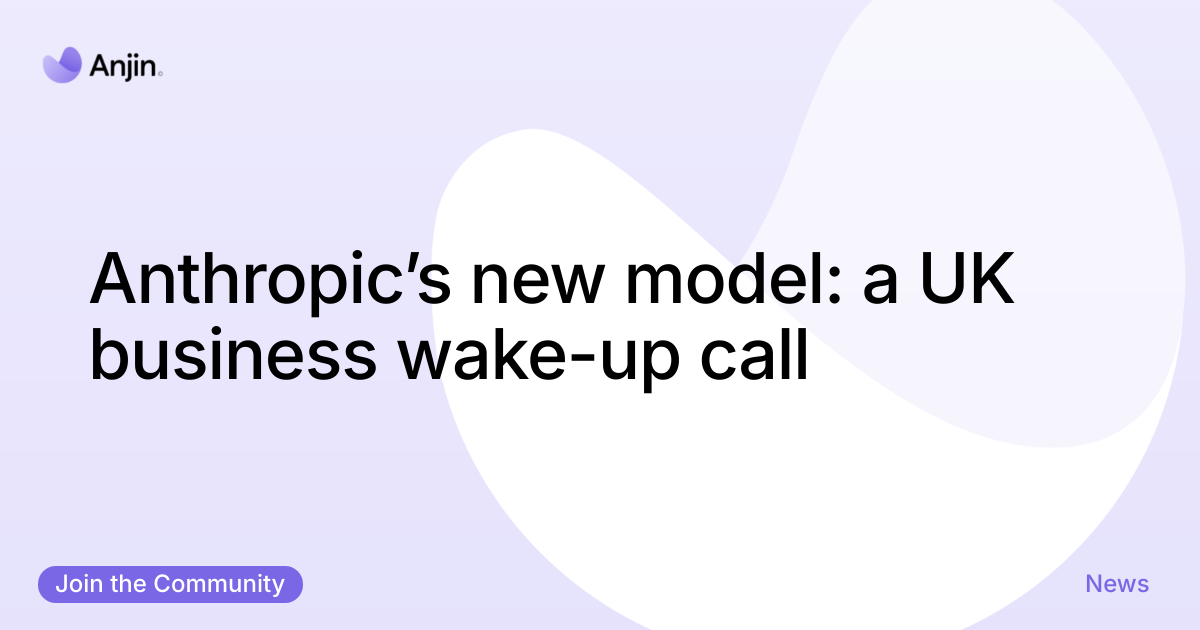EU Publishers vs Google: The Antitrust Showdown
On 4 July, the Independent Publishers Alliance launched a significant antitrust complaint against Google in Brussels. The core issue? Google's AI Overviews, which reportedly siphon off up to 40% of clicks from original articles. Publishers argue that this practice happens without offering a straightforward opt-out option, raising concerns about fair competition and the sustainability of online journalism. According to a report by SimilarWeb, 'zero-click' searches have surged to 69% of all queries, leaving publishers out in the cold.
Google, on the other hand, contends that AI Overviews create new pathways for content discovery. However, for mid-tier media outlets, the numbers tell a different story. The traffic loss is not just a hit to visibility but to revenue as well. With advertising dollars closely tied to page views, these lost clicks translate into significant financial setbacks. The legal battle is now set to test the boundaries of digital competition laws and could have far-reaching implications for content creators and aggregators alike.
The stakes are high, as regulators delve into the nuances of digital content distribution. If the complaint gains traction, it could lead to policy changes that reshape search engine result pages (SERPs), offering a more level playing field for content creators.
Visibility vs. Visits: The Overlooked Opportunity
While the complaint focuses on traffic loss, there's an overlooked opportunity for publishers to leverage AI Overviews. By understanding the patterns of these 'zero-click' searches, publishers can tailor their content to become more engaging and informative, potentially capturing attention even without direct clicks. Data from SimilarWeb suggests that users are increasingly seeking quick answers, which AI Overviews provide efficiently.
This trend highlights a shift in user behaviour that publishers can exploit by enhancing their content with rich snippets and structured data. By doing so, they can increase the chances of their content being featured in AI Overviews, thus maintaining visibility even when clicks are elusive.
Tactical Playbook for Publisher
- Optimise for Snippets: Use clear, concise language and implement structured data to increase chances of appearing in featured snippets.
- Enhance E-E-A-T: Bolster your content's Expertise, Authoritativeness, and Trustworthiness by citing reputable sources and including author bios.
- Implement Canonical Tags: Ensure search engines recognise the primary version of your content to avoid duplicate content issues.
- Utilise llms.txt: Control how AI models access your content, similar to robots.txt for web crawlers.
- Adapt with Schema Markup: Use schema to help search engines understand your content's context and purpose.
How Anjin's AI Agents Can Help
For publishers looking to adapt, Anjin's suite of AI tools offers invaluable support. The Content Creator AI agent, for instance, can assist in crafting content optimised for both engagement and visibility. By leveraging AI-driven insights, publishers can better understand user intent and adjust their strategies accordingly.
Additionally, the Technical SEO Fixer can help address technical challenges, ensuring that your content is primed for optimal performance in search engine rankings. These tools collectively enable publishers to navigate the evolving digital landscape with confidence.
Take Action: Prepare for Change
As the antitrust case unfolds, publishers must be proactive in adapting their strategies. Start by conducting a comprehensive audit of your content's SEO performance. Identify areas for improvement and implement the tactical steps outlined above. Consider engaging with AI tools like those offered by Anjin to streamline your efforts.
Stay informed about regulatory developments and be prepared to pivot as necessary. The digital landscape is constantly evolving, and those who adapt quickly will be best positioned to thrive. Don't wait for changes to be imposed—take control of your content strategy today.





